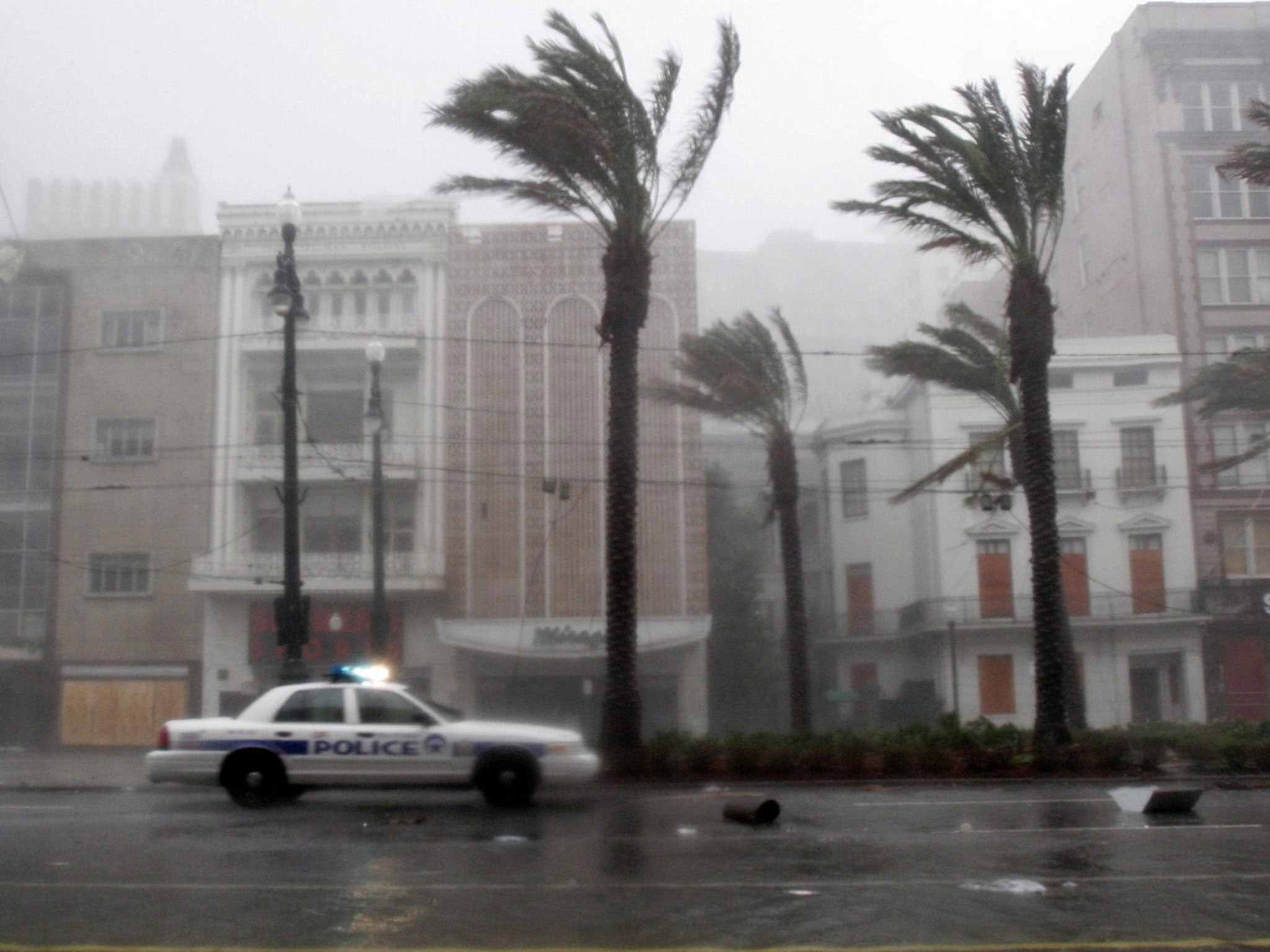Sea of Storms by Stuart B Schwartz, book review: The Caribbean's stormy past

Your support helps us to tell the story
From reproductive rights to climate change to Big Tech, The Independent is on the ground when the story is developing. Whether it's investigating the financials of Elon Musk's pro-Trump PAC or producing our latest documentary, 'The A Word', which shines a light on the American women fighting for reproductive rights, we know how important it is to parse out the facts from the messaging.
At such a critical moment in US history, we need reporters on the ground. Your donation allows us to keep sending journalists to speak to both sides of the story.
The Independent is trusted by Americans across the entire political spectrum. And unlike many other quality news outlets, we choose not to lock Americans out of our reporting and analysis with paywalls. We believe quality journalism should be available to everyone, paid for by those who can afford it.
Your support makes all the difference.If you saw it you are unlikely to have forgotten it. Viewers of television coverage of Hurricane Katrina in 2005 saw New Orleans disappearing beneath a fetid, refuse-filled flood; elderly residents waving from rooftops to attract help or being pushed to safety hunched in shopping trolleys; 25,000 people directed to take shelter in the Superdome, left for days in the richest nation on earth without adequate supplies of food or fresh water.
Even more shocking was what The Storm (as locals call it) revealed about the attitudes of those who governed America. George W Bush's administration had cut the budget for flood defences and diverted money from the Federal Emergency Management Agency (Fema) to fight the War on Terror. Official spokesmen were quick to portray the mainly poor, African-American residents left in the city after the evacuation as the architects of their own misfortune. Once the wind abated a rather different story emerged: of incompetence among both local and national officials and of "self-help, community solidarities, and humanitarian action… at least equal to those of social breakdown" among the survivors. What Stuart Schwartz reveals in his remarkable book, which begins with accounts of a storm coming ashore at Veracruz, Mexico in 1552 and ends with Hurricane Sandy in 2012, is that it was ever thus.
The history of the Greater Caribbean is an exceptionally turbulent one, shaped by piracy, colonisation, slavery and oppression. While the region's original inhabitants adapted their architecture and agriculture around the hurricane season, when the warming of the sea in summer sets in motion the deadly rotation of the storms, the way of life of European and North American colonisers was shaped by other concerns, leaving them particularly vulnerable. By 1815, 85 per cent of the population of the British-controlled Caribbean islands were slaves; the first worry of plantation owners was that a hurricane might break down the prevailing order and lead to an uprising. Settlements built on the coast and near river-mouths for export purposes were susceptible to flooding while single crop agriculture led to widespread starvation in the aftermath of major weather events.
If the Caribbean was a test-bed for colonialism, it was also where certain key ideas that formed the modern world evolved. For Schwartz, hurricanes provide the transnational lens to track these developments. Religious explanations of storms as divine judgement for sin were replaced with empirical science; governments and citizens were forced to negotiate agreements over responsibility for disaster mitigation, leading to the birth of the welfare state. Schwartz's exhaustive research into contemporary accounts reveals many enduring themes, not least the influence of race and class prejudice on the provision of relief. In our own century climate science has returned human agency to a position of central responsibility for hurricanes, with climate deniers and environmentalists lined up in opposing ranks.
For political leaders, storms still provide career-defining moments. In 1963 Fidel Castro mobilised the entire Cuban nation in response to Hurricane Flora, averting countless deaths, declaring "a revolution is a force stronger than nature. Hurricanes are nothing to what a revolution can do". In the current atmosphere of rapprochement in the Caribbean, as the clock ticks down to the next hurricane season, the leaders of nearby nations might do worse than investigate the Cuban record in weathering storms.
Join our commenting forum
Join thought-provoking conversations, follow other Independent readers and see their replies
Comments